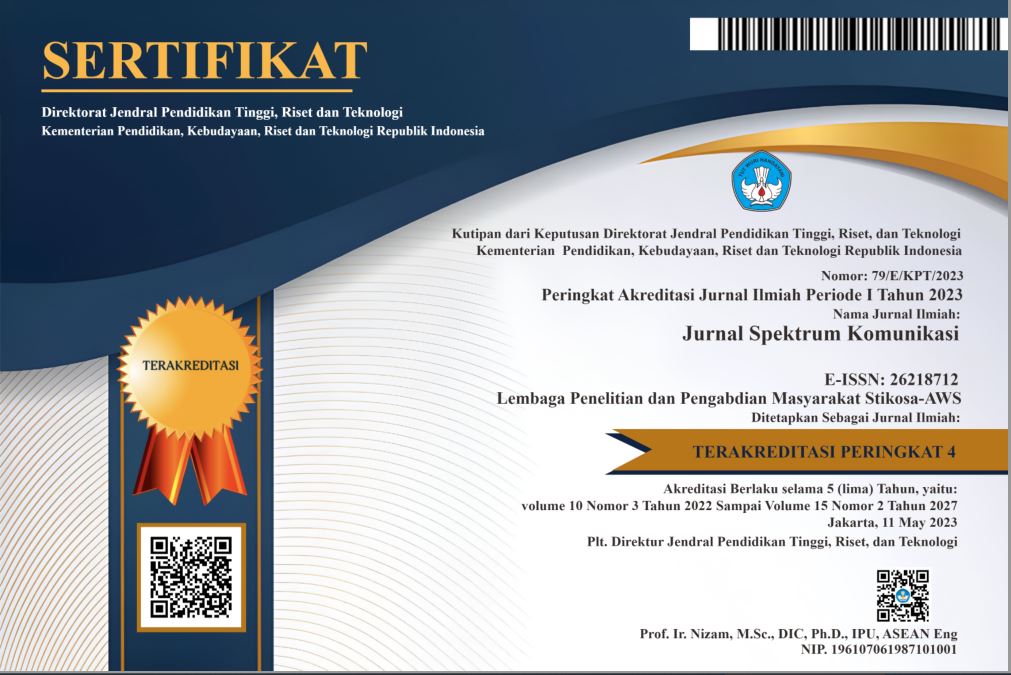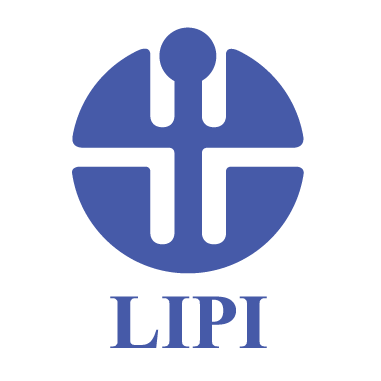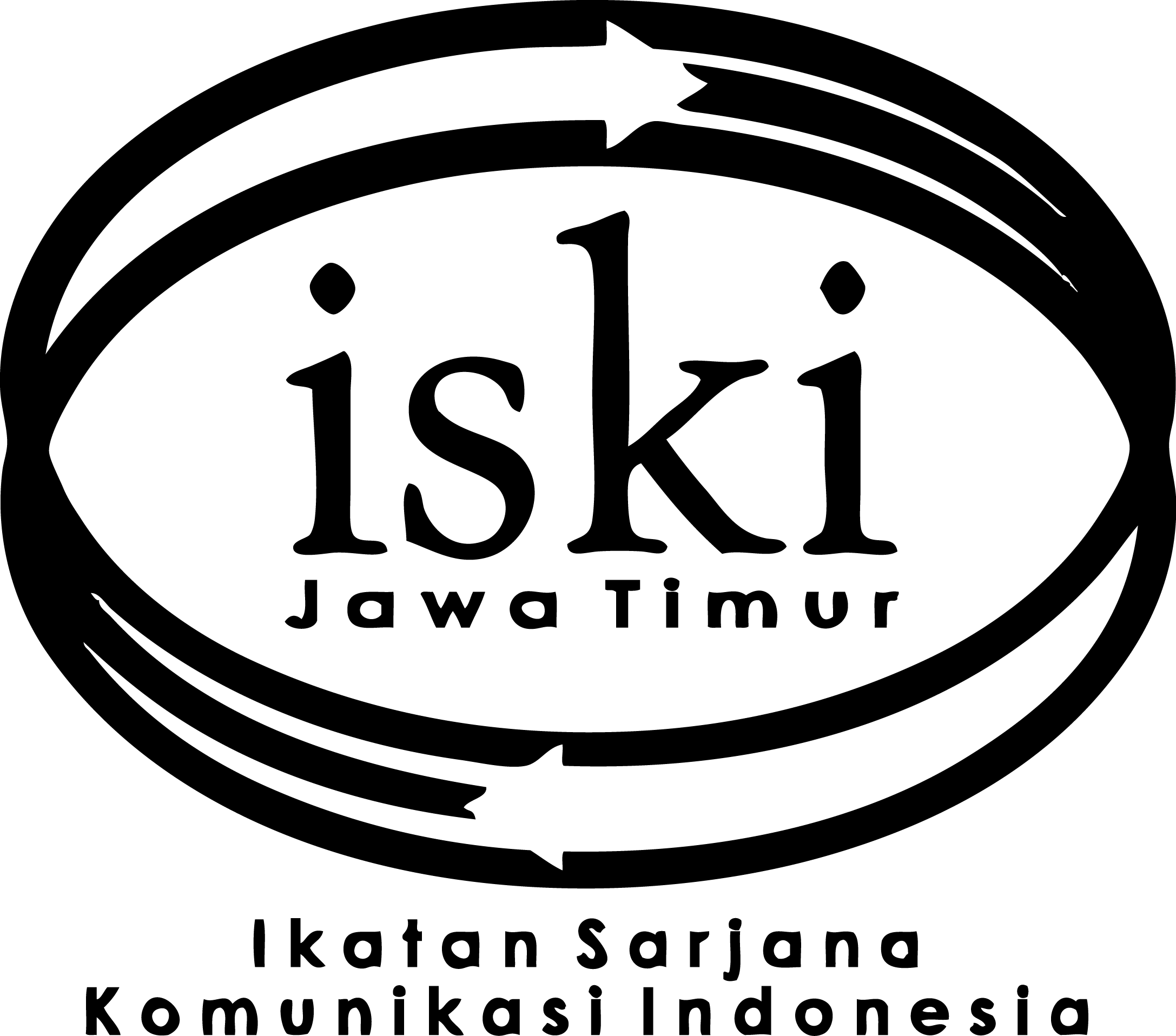The Effect of Indonesian Stand Up Program Kompas TV to Comics Behaviour in Indo Surabaya Stand Up Community
DOI:
https://doi.org/10.37826/spektrum.v6i1.48Keywords:
Kompas TV, Entertainment Program, Stand Up Comedy, Media EffectsAbstract
Kompas TV as one of the private television stations, by giving a new program in the form of competition, namely Stand Up Comedy Indonesia. With its existence that has been running for 8 sessions, Stand Up Comedy Indonesia is still popular with the Indonesian people as evidenced by the enthusiasm and interest of the public in auditioning. The problem formulation in this research is "How the influence of Stand Up Comedy Indonesia program to comic behavior in StandUpIndo_SBY community". This study aims to determine whether the influence of Stand Up Comedy Indonesia program against comic behavior in the StandUpIndo_SBY community. This type of research is a quantitative research by distributing an online questionnaire to comics in the StandUpIndo_SBY community. The analytical method used is "Simple Linear Regression" to determine the strength of the influence relationship between a television program with the audience as a consumer of mass media. Based on the results of the study there is a significant influence between the Stand Up Comedy Indonesia program against comic behavior in the StandUpIndo_SBY community. It can be shown that the influence of knowledge/ cognitive is 69.6%; influence on attitude / affective equal to 76,5% and influence to behavior / attitude equal to 61,2%. Thus, Stand Up Comedy Indonesia program is able to improve comic behavior in StandUpIndo_SBY community. Thus, Stand Up Comedy Indonesia program is able to improve comic behavior in StandUpIndo_SBY community.
References
Azwar, Saifuddin (2011). Sikap Manusia Teori dan Pengukurannya. Yogyakarta: Pustaka Pelajar.
Bungin, Burhan (2009). Sosiologi Komunikasi Teori, Paradigma, dan Diskursus Teknologi Komunikasi di Masyarakat. Jakarta: Kencana Prenada Media Group.
Baran, Stanley J & Dennis, K. Davis (2010). Teori Komunikasi Massa Dasar, Pergolakan, dan Masa Depan Edisi 5. Jakarta: Salemba Humanika.
Cangara, Hafied, M.Sc (2015). Pengantar Ilmu Komunikasi. Jakarta: PT. Raja Grafindo Persada.
Darmawan, Deni, S.Pd., M.Si (2013). Metodologi Penelitian Kuantitatif. Bandung: PT Remaja Rosdakarya.
Drs. Daryanto & Dr. Mulyo Rahardjo, ST. M.Pd (2016). Teori Komunikasi. Yogyakarta: Penerbit Gava Media.
Effendy, Onong Uchjana, M.A (2009). Ilmu Komunikasi Teori dan Praktek. Bandung: PT. Remaja Rosdakarya.
Hurlock, B.E (2007). Psikologi Perkembangan Suatu Pendekatan Sepanjang Rentang Kehidupan. Jakarta: Erlangga.
Kriyantono, Rachmat (2003). Teknik Praktis Riset Komunikasi. Jakarta: Midas Surya Grafindo.
Latief, Rusman & Yusiatie Utud (2015). Siaran Televisi Non-Drama, Kreatif, Produksi, Public Relations dan Iklan. Jakarta: Prenada Media Group.
M. Mufid (2005). Komunikasi dan Regulasi Penyiaran. Jakarta: Kencana
Morissan (2008). Manajemen Media Penyiaran: Strategi Mengelola Radio & Televisi. Jakarta: Kencana Prenada Media Group.
Severin, Werner J. & James W. Tankard, Jt. (2005). Teori Komunikasi: Sejarah, Metode & Terapan di Dalam Media Massa, Edisi Kelima. Jakarta: Prenada Media.
Sugiyono (2010). Metodologi Penelitian Pendidikan Pendekatan Kuantitatif, Kualitatif dan R&D. Bandung: Alfabeta.
Unde, Andi Alimuddin, M.Si (2014). Televisi & Masyarakat Pluralistik. Jakarta: Prenada Media Group.
Rivers, William L. (2003). Media Massa dan Masyarakat Modern. Jakarta: Prenada Media.

























